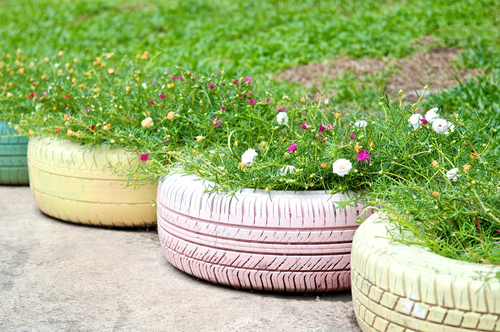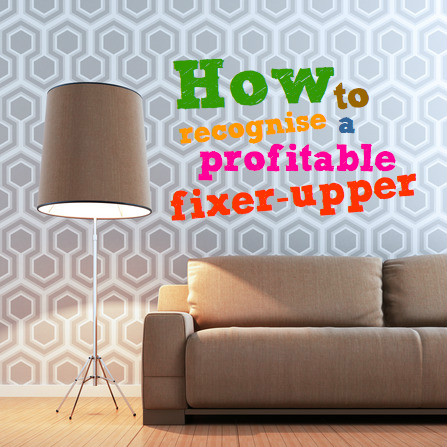Guest Post: Yet there are also potential advantages to choosing a property that might need a bit of work. Fixer-uppers are available at lower prices than turnkey properties, and they may provide a far higher return on investment if renovation costs are kept low. As you view properties in need of renovation, you’ll need to distinguish those that are good investment candidates from those that will suck up all of your resources.
Advantages of fixer-upper homes
One of the primary advantages of purchasing a fixer upper is that this type of purchase isn’t contingent on the real estate market in the way that a property in walk-in condition would be. Whether the market is hot or cold, a property needing renovation will always be lower in cost than properties around it. In addition to the low sale price, you’ll face less competition as many buyers will be unwilling to take on this type of project. There’s a higher potential for significant profit, whether you rent the property to tenants, resell it, or both. The savings and profit potential of a fixer upper home are quite attractive.
Features to look for in a fixer-upper
However, not all homes in need of renovation will be good investments. Purchasing a home in disrepair could turn into a financial sinkhole, if you are faced with unexpected costs. Before putting in an offer, it’s important to have the building inspected thoroughly by qualified specialists for a clear idea of the work that will need to be completed. The following features provide a sign that this could be a good investment.
1. Prime location
Location is one of the most important factors for any real estate investment, whether it’s in perfect condition or needs an upgrade. Properties in desirable urban neighbourhoods will always be in high demand. For example, if you’re looking at real estate in Melbourne, a fixer-upper in a popular area like South Yarra could be a good investment, with its links to both city and coast. As you compare locations, look at the surrounding homes. Are neighbouring properties well maintained? Are there desirable amenities such as schools, parks, recreation centres, and shopping outlets nearby?
2. Surface or cosmetic flaws
Many buyers will immediately rule out a property if they see stained carpets or chipped paint on the walls, but these are the types of flaws that are easy to fix. Areas of rot, compromised foundations, or faulty wiring are not so easy. Although your level of expertise and budget will determine how big of a project you’re willing to take on, it’s generally best to look for properties that are in need of a few cosmetic repairs rather than a full renovation.
3. Attractive configuration
A good candidate for investment will also be able to appeal to the widest selection of buyers. Houses with three bedrooms and two bathrooms are always in demand, due to their appeal to families. Again, it’s best to compare the potential fixer-upper to its neighbouring properties to see how it measures up.
To determine a property’s full potential, you’ll need to have it examined thoroughly by qualified surveyors to find out what condition it’s in. Ask for repair estimates so that you can see if the property in question fits within your budget. Buying a fixer upper is a great way to make a serious profit, but extra care and research is needed to make sure that you’re not buying a potential money pit.


 YOU
YOU





 Money
Money





 FOOD
FOOD





 FAMILY LIFE
FAMILY LIFE




 HOME & GARDEN
HOME & GARDEN



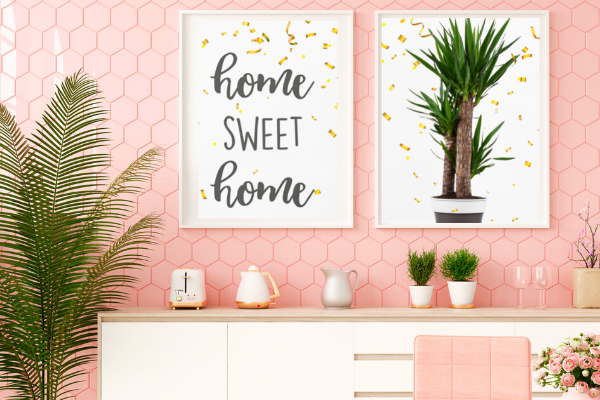
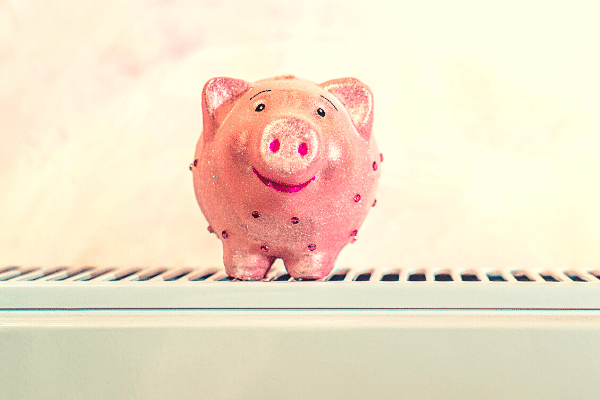


 ORGANISE
ORGANISE
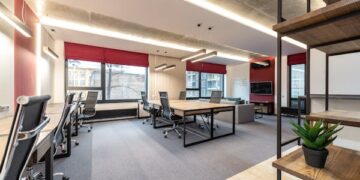
 EVENTS
EVENTS





 LIFESTYLE
LIFESTYLE

